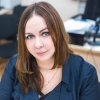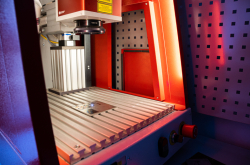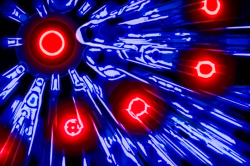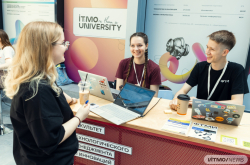PhD studies at ITMO University is an opportunity to build a career and become a specialist with a high level of expertise in their field, with published papers in journals with a high impact factor, and a set of skills for research or academic activities, as well as a network of international connections. Physics remains one of the most relevant fields of study.
Joint educational programs and academic degree councils
Leading in academia, 40 international laboratories with modern equipment, more than 15 double-degree programs in cooperation with international universities, the opportunity to defend your work in front of our own academic degree councils, and acquire a diploma in both Russian and English – these are the features available at ITMO that attract hundreds of local and international applicants every year.
In 2020, 890 graduate students applied for PhD studies but only around 300 (266 on a tuition-free basis) of them were admitted. More than 40 of these young researchers are citizens of other countries, such as China, Germany, Italy, Tanzania, and Yemen. This year, 296 tuition-free and 180 fee-paying positions are available over 15 subject areas.
Since 2013, ITMO has launched 48 international educational programs together with 38 leading universities worldwide. In 2020, five new agreements were signed and eight joint educational programs were successfully completed. Since the beginning of 2021, four new programs have been in the process of approval. As Maria Skvortsova, head of the Office of International Postgraduate and Doctoral Studies, says, PhD students of ITMO University work on exclusive research questions and conduct unique experiments. Agreements signed with PhD students are all individual and correspond with their study period.
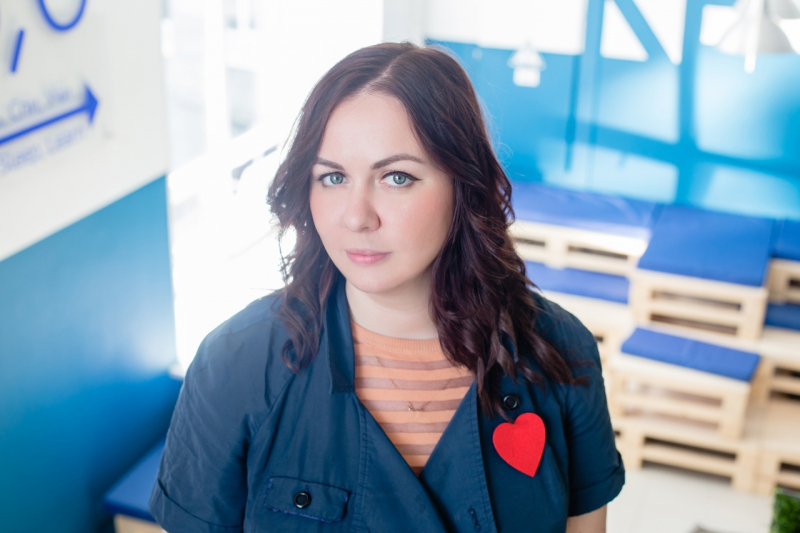
According to Maria Skvortsova, prospective students find the fact that ITMO University having its own academic degree councils is highly important. The councils cover 90% of all subject areas. As of now, there are 22 specializations in five fields of research represented in ITMO’s own councils: physics and mathematics, engineering, chemistry, biology, and economics.
“Not all universities have academic degree councils and that’s why PhD students have to defend their dissertations at other institutions. Our university, however, has the right to graduate PhD and doctoral degrees independently from the Higher Attestation Commission. At the same time, we have the required international expertise and consulting. Last year, 94 defenses of PhD and doctoral theses were held at ITMO’s councils, 60% of which are represented by experts of international organizations from more than 25 countries worldwide,” comments Maria Skvortsova.
Activities of PhD students
More than 20 subject areas are functioning at the Faculty of Physics and Engineering in the fields of nanophotonics, quantum optics, optoelectronics, optomechanics, biophotonics, radiophysics, antennas and passive devices with radio- and super-high-frequency, and medicine.
PhD students are mainly engaged with research activities: they work on projects as part of research teams, complete tasks as directed by their supervisors or pose their own research questions, submit grant applications, and write scientific papers. The last activity is especially important, as PhD students must publish at least one paper in their first year of studies and two papers per year after that. Their papers are often published in high-ranked journals like Nature, Science, Physical Review Letters, etc.
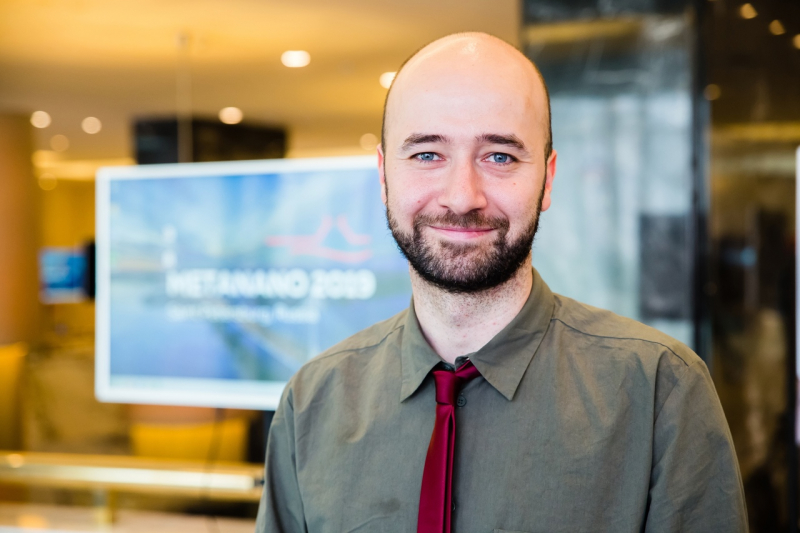
“We do demand quite a lot of publication activity from our PhD students. However, we don’t only demand it, we also try to explain that this is done for their benefit: if by the end of their PhD studies they won’t have enough published papers, it will be hard for them to find a job later on. Basically, we try to prepare them for real life in the academic and scientific environment, which is very competitive. That’s why by the end of their studies, they must become experts in their fields of study,” explains Mikhail Petrov, senior research associate at the Faculty of Physics and Engineering.
In the first two years of study, PhD students have classes – usually around two classes per week. Lectures and seminars are given by leading researchers not only from ITMO University but also from, for example, the Ioffe Physical-Technical Institute of the Russian Academy of Sciences, with which ITMO’s Faculty of Physics and Engineering has established long-time cooperation. Seminars on specific topics held by guest speakers from all over the world also take place.
Another important aspect of PhD studies is teaching. At the same time, each student has an opportunity to choose how to approach this.
“We don’t force teaching onto people with fear of public speaking. PhD students can hold practical classes, organize seminars, become a mentor, or even create their own online course. If a person is successful and loves to interact with students, they can become a teacher’s assistant – that’s a whole other paid position. In any case, all of our PhD students end up with enough pedagogical practice as a result – this gives them an opportunity to apply for the position of a researcher in the future,” says Mikhail Petrov.
How much do PhD students make?
PhD students at ITMO’s Faculty of Physics and Engineering are full members of the research team and are equal to the Faculty’s academic staff. Their starting salary is 40,000 rubles, not including allowance for frequent publications, teaching activity, and participation in grant projects.
“Students have the opportunity to increase their income during their professional careers by, for instance, winning the scholarship of the President of the Russian Federation for PhD students or independent foundation scholarships (the Komissarov Foundation), or scholarships and personal grants from the international scientific communities (IEEE, SPIE, ISMRM, and ESMRMB), etc. In 2020, ITMO earned 13 presidential scholarships, eight of which were brought by the students of the School of Physics and Engineering,” says Polina Kapitanova, a senior researcher at ITMO’s Faculty of Physics and Engineering.
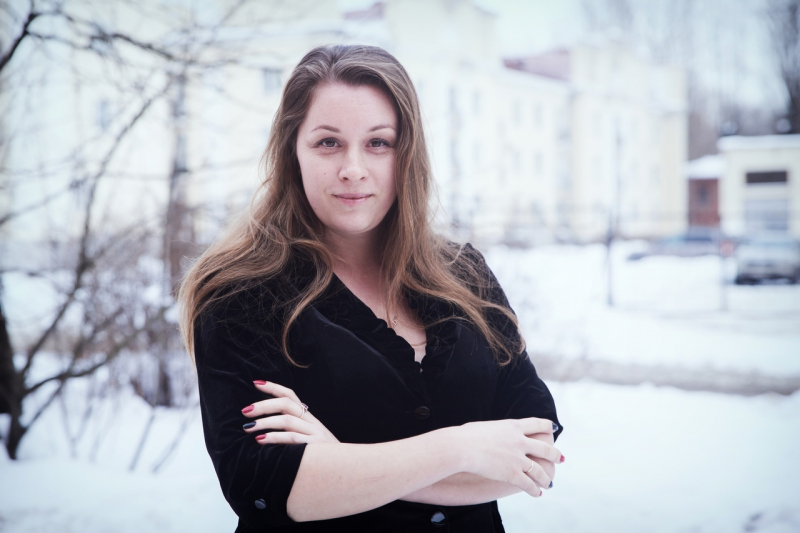
There are also some other opportunities. PhD students can become teaching assistants or mentors working only ten hours per week. Launched in 2021, the ITMO.Mentors program is open to Master’s and PhD students.
Laboratories, equipment, and collaborations
The Faculty includes three major laboratories: optical (near-field optical microscopy, Raman spectroscopy, dark-field and atomic force microscopy, femtosecond lasers, 2D and 3D laser lithography, and LightConversion, a system for parametric amplification of lasers), microwave (anechoic chamber equipped with broadband antennas with a frequency range of 1-20 GHz, vector network analyzers, spectrum analyzers, and amplifiers), and laboratory of perovskite optoelectronics (the full cycle from production to measuring device characteristics).
It is also planned to open a new chemical and biological laboratory. The laboratory is designed to meet the needs of the new fields, which are being developed through the efforts of both the school and its PhD students.
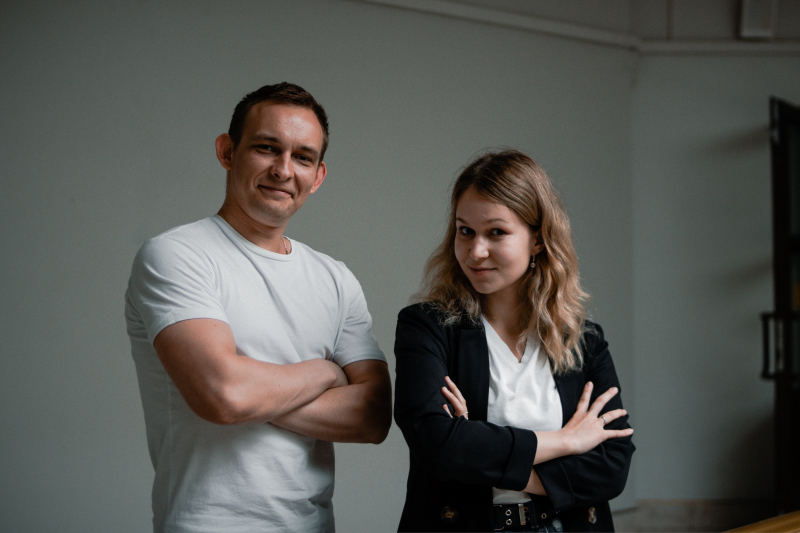
“When I was a Master’s student, I started to study the synthesis of various nanoparticles and their biofunctionalization for their further use in targeted drug delivery. The supervisor of my research is Mikhail Zyuzin. The Russian Scientific Center of Radiology and Surgical Technologies helps us conduct experiments with animals, while the Pavlov First Saint Petersburg State Medical University – the ones with cells. Our faculty has been rapidly growing, and soon we will have our own laboratory. So, you might say, we are at the start of a new field at ITMO University,” explains Elena Gerasimova, a first-year PhD student.
The school has close ties with the Ioffe Institute. Its research teams conduct joint research on resonance effects in photonics, light localization in quasicrystals, and quantum effects, as well as develop new perovskite-based materials, etc. In 2016, the school introduced a joint Master’s program in the physics of semiconductors and now is launching an entire faculty with a focus on close cooperation with the institute. ITMO staff and PhD students have access to the expensive equipment of the Center for collective use of scientific equipment “Materials science and diagnostics in advanced technologies” at Ioffe Institute, as well as can choose its supervisors and defend their thesis at the site of the partner university.
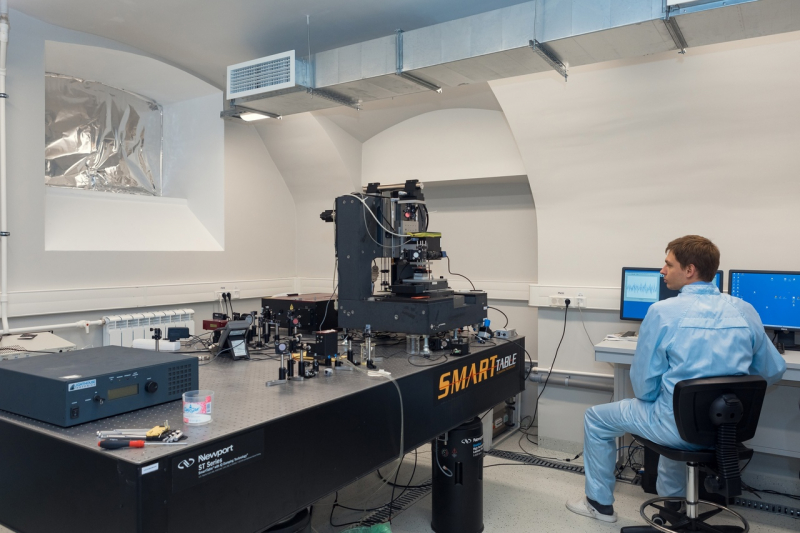
“ITMO doesn’t have such a long-standing scientific tradition and diverse fields of physics as the Russian Academy of Sciences. Yet the school has its own advantages: we’re eager to work hard and conduct research at the intersection of different disciplines and fields. The combination of these two approaches opens up major opportunities for PhD students. Following their priorities, working style, and interests, students can choose their best fit, make the best of both options, and obtain better results,” comments Mikhail Rybin, DSc, an associate professor at ITMO’s Faculty of Physics and Engineering.
Double degree, global internships, and international collaboration
ITMO’s Faculty of Physics and Engineering actively encourages its students to gain international experience by doing their internships abroad, collaborating with international partners, and taking part in international conferences. Its wide network of connections allows graduates to find their place in universities, laboratories, and enterprises all over the world. ITMO students can also defend their thesis in English.
Another opportunity is a double degree program implemented jointly with a number of the world’s top universities.
“My supervisor Andrey Bogdanov suggested that I should apply for the double degree program with one of the universities he had ties with. I thought that it was a great chance to acquire international experience without having to move for a long time. My new supervisor is Yuri Kivshar, a professor at the Australian Academy of Science, who has a long history with our school. Throughout my studies, I worked in Australia from time to time and also took courses at ITMO University, just like everyone else. Studying abroad is rather expensive but there is a wide range of scholarship contests and grants for PhD students. I happened to win a government scholarship, which covered tuition, flights, and any additional expenses,” says Kirill Koshelev, a fourth-year PhD student and a junior researcher at ITMO’s Faculty of Physics and Engineering.



